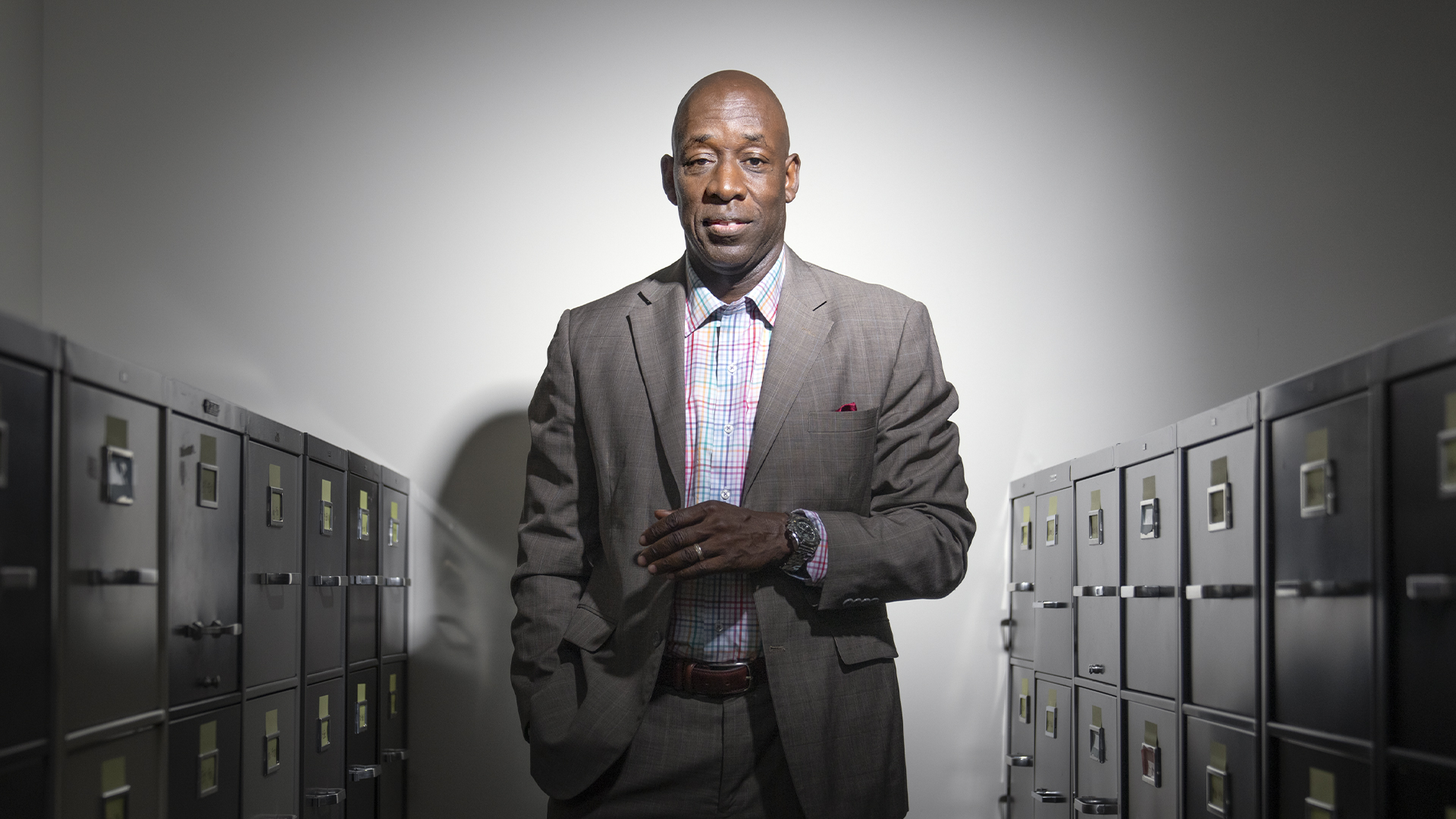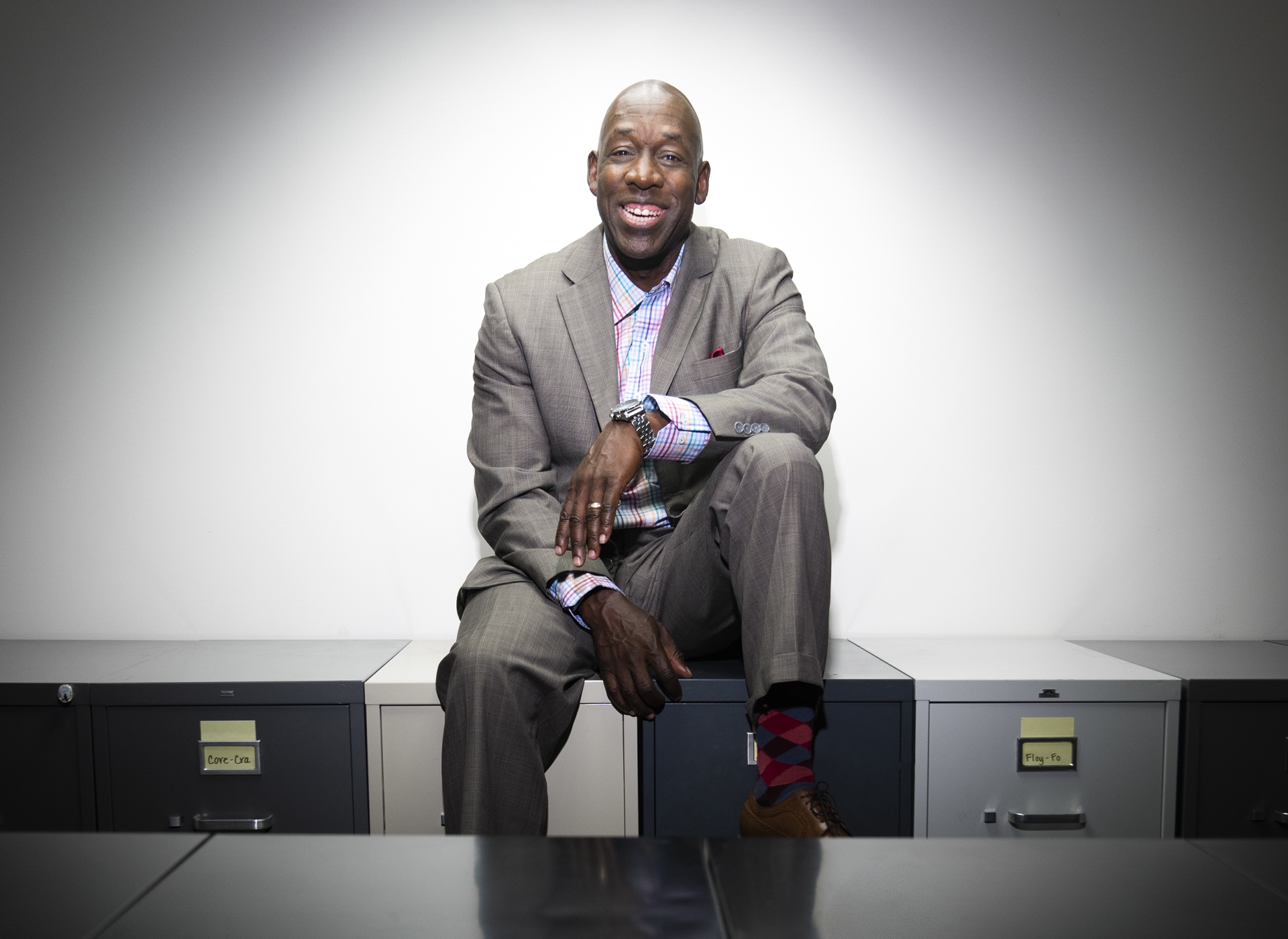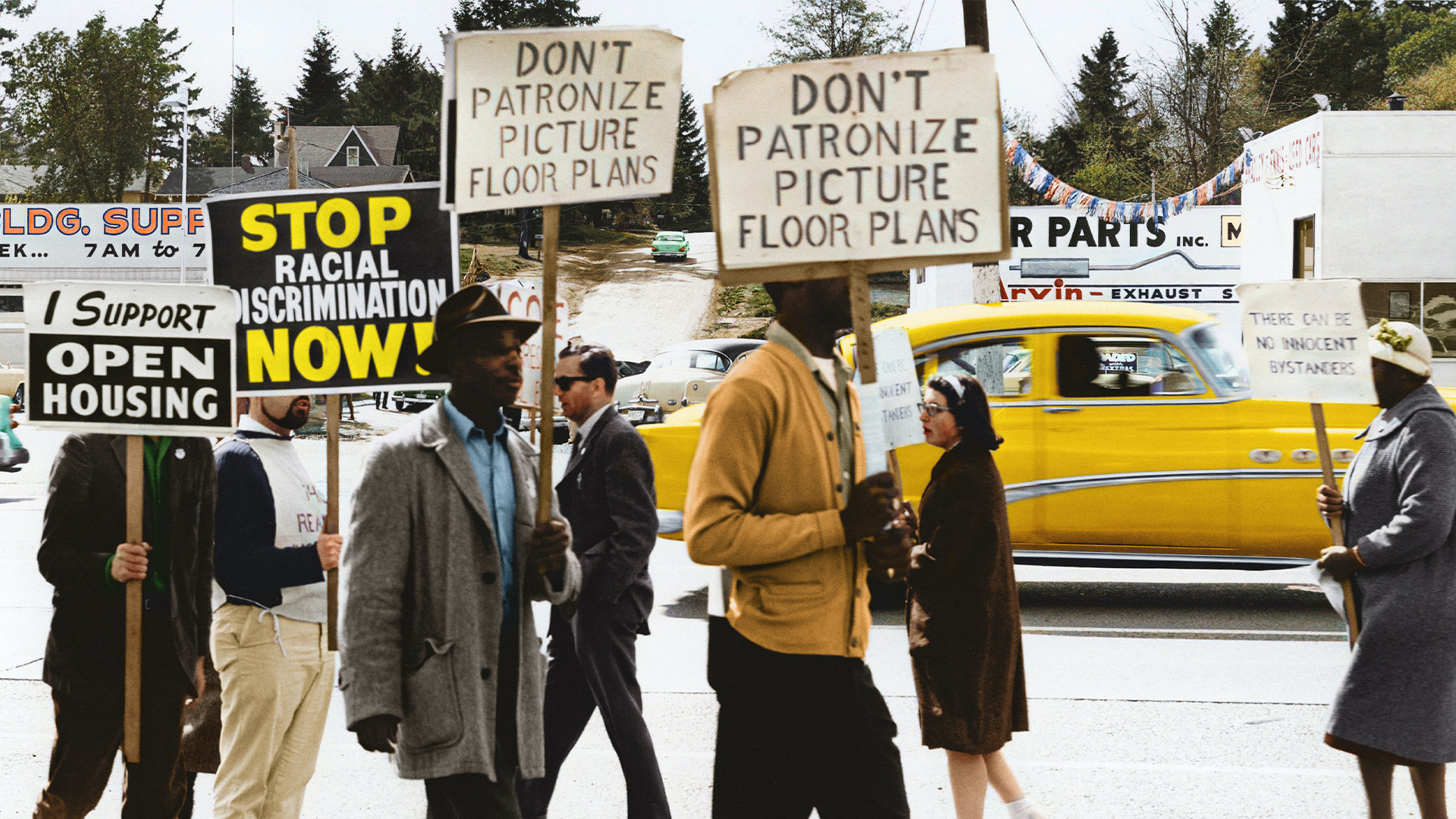
Johnnie White, CEO and executive vice president of the American Society of Appraisers. Photography: Ryan Donnell
It’s been 50 years since the passage of the Fair Housing Act put a stop to redlining (the practice of segregating neighbourhoods by race) in America. Even so, black homes are still devalued by between 19% and 22% compared to white homes, according to the Brookings report The Devaluation of Assets in Black Neighbourhoods.
That conversation has recently been elevated to a national stage as a result of the Black Lives Matter movement, says Johnnie White, CEO of the American Society of Appraisers.
Modus spoke to White to learn more about the issues surrounding unequal real estate valuations.
How has race historically impacted real estate valuations in the United States?
When the [valuation] system was established, there was what we call ‘redlining’ in place. This meant they would separate neighbourhoods and communities racially. Through the separation of the community, the resources that were provided were not equal. Those that were not in black neighbourhoods were getting resources to elevate the value of their property such as schools and infrastructure.
Fast-forward to today and they've got rid of the redlining but there's still an underlying issue out there of having these neighbourhoods where investment is not happening. [A real estate appraiser] is doing a market appraisal and so they're looking at the market from that neighbourhood and unfortunately if the value is low in that neighbourhood, that's what they're coming back with.
How many appraisers in the US are African American?
Probably 90% to 95% of the appraisers are white. And then beyond that, you maybe have 1% to 2% African American and so forth.
How could the lack of a diverse pool of home real estate appraisers potentially impact valuations?
Individual appraisers that are white may have some unconscious bias that they're bringing to the table. They didn't grow up in these black neighbourhoods and see the same things as those who did. There could be a way this unconscious bias is influencing their decisions as they're valuing these homes.
Do you think that the Black Lives Matter movement has accelerated the public dialogue about the impact of race on property valuations?
Black Lives Matter is really starting to elevate these issues to say there is no equality. As we're looking at the value of the homes in these different neighbourhoods, the home could look exactly the same – four bedrooms, garage, garden – but the one that's in the black neighbourhood is valued less than the home that's in the white neighbourhood.
What’s the solution?
The system needs change. And I think this bill that Biden's trying to put together will be a big step in the process.
The kind of change that is needed starts with understanding our own biases, then recognising and addressing them. One way to recognise them is to speak to other people that don't look like you do or come from a very different background to yourself. They can probably help identify those biases.

“Homes in different neighbourhoods could look exactly the same – four bedrooms, garage, garden – but the one that's in the black neighbourhood is valued less.”
What is the American Society of Appraisers doing to attract more diversity to the industry?
One thing we’re doing is trying to partner with organisations that are representing these individuals. For example, there's an organisation called NSREA (National Society of Real Estate Appraisers) that caters to African American appraisers. Last year we partnered with them in addition to the Appraisal Institute (AI), the American Society of Farm Managers and Rural Appraisers (ASFMRA) and MBREA to do the unconscious bias programme. We’re looking to find ways to work with HBCU (Historically Black Colleges and Universities) schools. We’ve got to go where this audience is and create programs that will attract [black students] to the profession.
In addition to unconscious bias, what are some of the other influences that lead to unfair real estate valuations?
There are multiple players in this: the appraisers, the financial institutions, the real estate agents. They are all part of the issue. We really need to look closely at the way the system was set up to see how we can address these issues and develop something that's going help provide the real value of a home, without the limitations that we have in place today.
The procedures put in place to address African American neighbourhoods would presumably apply everywhere?
Yes, absolutely.
Is there a financial argument for change as well as a civil rights argument, or is it just a moral imperative?
It's a combination of all those things. From a financial standpoint, we don’t want these homes being devalued. That is creating an economic impact to that owner or purchaser because they're not getting the value of that home. From a morality standpoint, we want to have a system in place where everyone is treated equally, and what we're finding is that's not always the case.
Do you think the real estate industry should take a leading role in addressing the issue?
It’s something that this profession should tackle because purchasing a home is one of the most satisfying things for an individual. We must be there to provide a system that's going to allow them to do that appropriately. Then when they want to sell it, because this is an asset that they've invested in, they should be able to get that return on that investment.
What has been missing from this discussion so far?
The focus has been on discrimination. I want us to get away from that and understand it's not a racial issue. Underlying issues are creating these problems we're having and one of them is unconscious bias.
There’s more to it and we have to pull back the layers. Unfortunately, what the media is doing is creating attention-grabbing headlines that say another black family home was devalued – but what's the source of that value being where it is? Is it because of the ‘comparables’ (the characteristics of that property)? Is there something specific the appraiser brought to the table?
Johnnie White is CEO of the American Society of Appraisers, who has nearly 30 years’ experience serving in a variety of management and leadership roles. White is also an adjunct faculty member of Georgetown University where he instructs graduate students in operations and event management. He has received numerous awards and recognitions for his association work, including being named one of the top 40 Trending Association Innovators by DCA Live in 2017.


